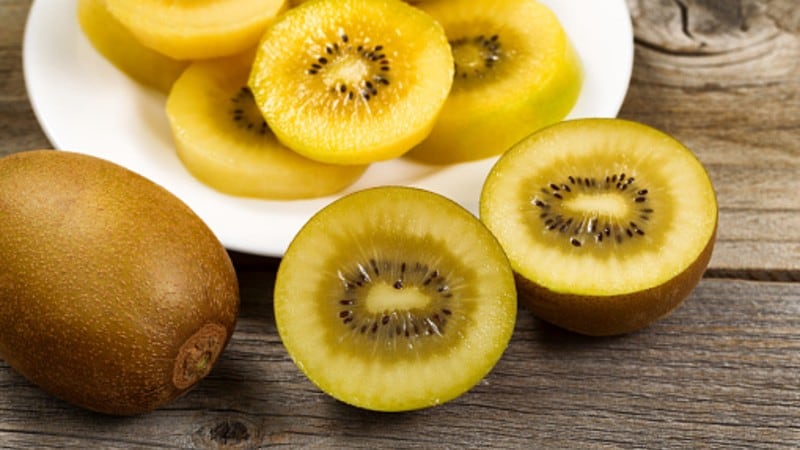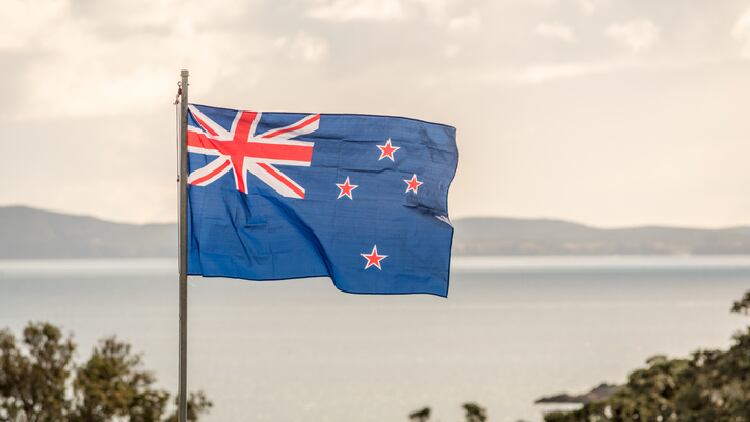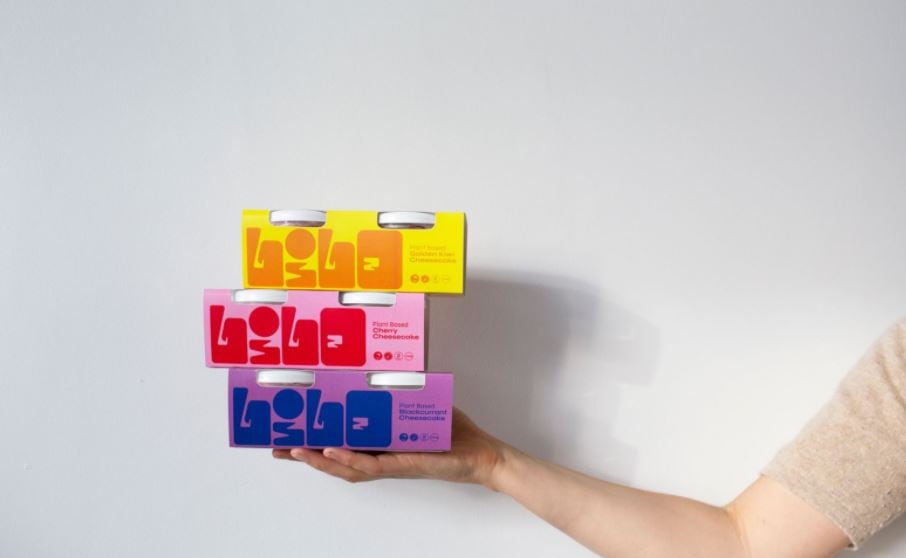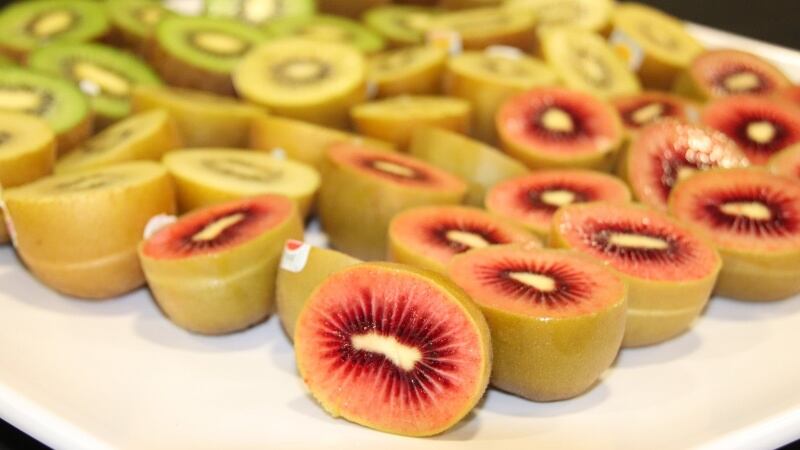Zespri has been attempting to wrestle back control over golden kiwifruit or Gold3 in China where illegal plantings have been spreading since 2016 when a Chinese planter smuggled sprouts in, but local legal action has been ineffective.
A May 2021 Zespri report estimates the area under illegal golden kiwi cultivation to stand at 5,400 hectares in China – more than half of the 9,300 licensed hectares which currently exist in New Zealand.
Earlier this year, the firm decided to move away from the legal route and its latest attempt to gain back control was to propose a one-season trial of growing Gold3 Kiwifruit in China under licensing to ‘understand what options we have’.
“Without taking further action now, the unauthorised plantings are likely to continue to increase rapidly, and as a result, so will supply of counterfeit and competitor fruit,” Zespri CEO Dan Mathieson said.
“This will put significant pressure on value, sales channels and our market position for New Zealand kiwifruit. We need to take a pragmatic approach and evaluate and test different options to come up with the most effective way forward – [the] one-year trial would allow us to do that.”
However, the proposal met with failure as less than 75% of New Zealand kiwifruit producers voted to approve it, and now Zespri essentially has its hands tied, unable to say much more beyond having ‘a range of initiatives underway in China [including] R&D partnerships, efforts to understand the local production and supply chain environment and [engaging] with the Chinese kiwifruit industry and Government’.
When asked what lessons foreign brands can learn from this entire incident, David Ettinger, partner at the Shanghai office of US-based law firm Keller and Heckman LLP urged firms to do their groundwork thoroughly to avoid incidents such as IP infringement.
“Since China maintains its own food regulatory regime, it is important for foreign companies to understand local laws and regulations before marketing their products here,” he told FoodNavigator-Asia.
“For instance, China’s Ministry of Agriculture and Rural Affairs (MARA) is the authority governing issues related to agricultural products, including developing and overseeing implementation rules for agricultural foods, and issuing certificates such as Plant Breeders Right for crops and fruits.
“This allows companies to check the compliance status of its product under the Chinese regulatory framework and take necessary measures to avoid intellectual property (IP) infringement, e.g., filing application of Plant Breeders Rights with local authorities for products, registering trademarks, etc.”
Ettinger also told us of cases where foreign companies had successfully protected their IPs by applying for the Plant Breeders Rights in China, and seeking support from the local government – one of these was International Fruit Genetics (IFG) from the US, one of the largest table grapes breeders in the world where its trademark registrations for both English and Chinese names of its key varieties helped it to secure support from local authorities to order growers to cease the planting of its grapes.
Zespri has not made known the Plant Breeders Rights status for Gold3, but last year the firm took the original smuggler of the Gold3 sprouts to China in the High Court of New Zealand – notably not in China, where the plantings occurred. The court awarded Zespri with almost NZ$15mn (US$10.5mn) in damages, but this did not stop the spread of the golden kiwifruit in China, which has continued since.
China imports some 20% of New Zealand’s kiwifruits. Some 10 million trays of illegal golden kiwifruit were produced in China in the last season.
More local varieties on the way
To the average layperson, it would be near-impossible to distinguish whether the golden kiwifruit in hand is New Zealand or China grown – and indeed most local consumers would likely not be concerned about its origins.
Some Chinese firms are already starting to cultivate their own variants of kiwifruit, golden or otherwise, which will likely complicate the process even further – an example is China Shenshan Orchard which is already selling a golden kiwifruit named ‘Fairy Gold’ and is working to cultivate even more other kiwifruit variants.
It’s Executive Director David Zhao said: “Fairy Gold kiwifruits have yellow flesh, with a combination of sweet and sour taste.
“We have also set up our own research and development department with an intention to develop our proprietary range of premium kiwifruit breeds - we have achieved breakthroughs in cultivating our own kiwi breeds [under the] Xianwo variety.”





